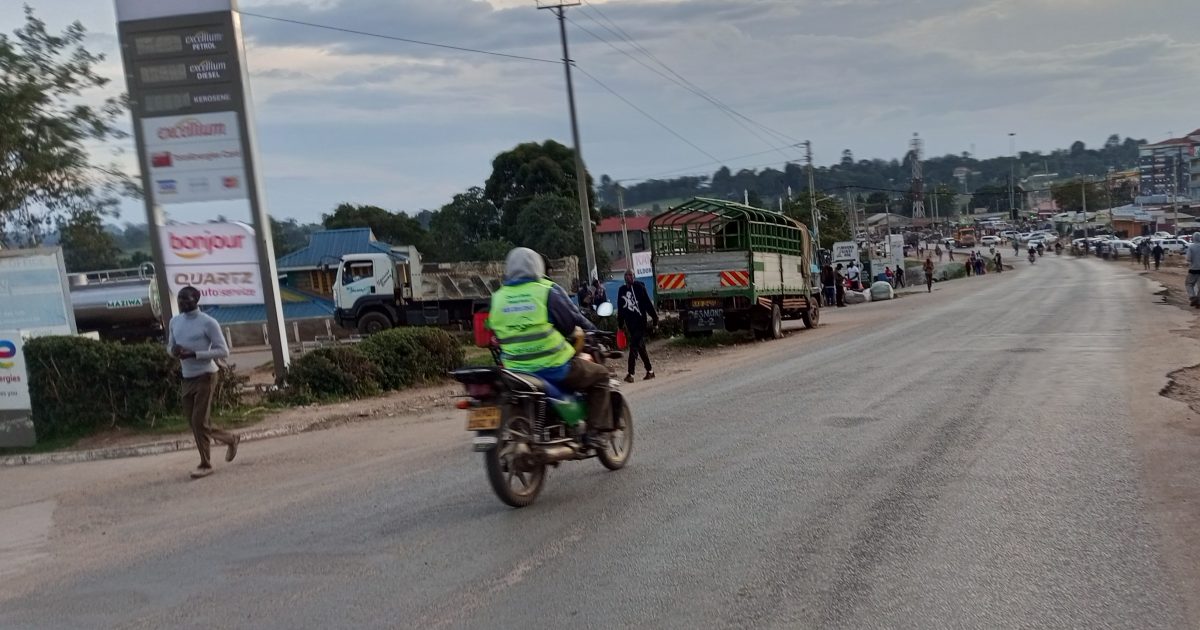To promote economic activities, Kenya is working with the African Development Bank (ADB) to construct the Turkana-South Sudan mega road. The road will link the West Pokot and Turkana counties with South Sudan.
The road is an important link that will boost regional integration, trade, and development. It will link to the Northern Corridor at Kitale-Lodwar-Nadapal (A1) road as well as Kitale-Endebess-Suam-Kapchorwa Corridor.
Read also: Contract signed for construction of 103 km of roads in Zanzibar
The Turkana-South Sudan mega road will support the regional integration aims of three out of five countries—Kenya, Uganda, and South Sudan. The countries are members of the East Africa Community (EAC) as well as the Great Lakes Region. This is according to KENHA project coordinator Eng. David Cherono, who was speaking at a forum at the Kapenguria Hotel.
The Northern Corridor (Corridor 1), the LAPSSET Corridor, the A10 Highway, and other major international roads will all link up this road in Webuye and Lokichar, respectively.
Cherono stated that the government recently secured contracts through the local government of Kenya financing to upgrade the stretches of Nakuru-Marigat-Loruk-Barpelo-Marich Pass.
Training in nontechnical areas should be offered to young people, people with disabilities (PWLDs), and women as they work on the road’s construction. This is according to the Turkana-South Sudan mega road project coordinator.
Jobs should also be advertised in public places. Cherono said that youths should be chosen equally at all centers.
He encouraged the contractor to dig boreholes in different places for the locals to use.
How the Turkana-South Sudan mega road should be built according to Cherono
He said that the contractor should take climate adaptation measures into account by properly designing drainage facilities and the level of road embankments. The contractor should also adapt the infrastructure that can be easily and cheaply replaced if damaged.
Cherono asked the contractors to plant indigenous tree species. Planting trees is one of the program’s components.
He went on to say that other Community Social Responsibilities (CSR) include the construction of rehabilitation centers for road accident victims as well as the expansion of health centers. This will provide more maternal care in the regions.
The construction and extension of educational facilities will help communities realize the project’s benefits. They include dormitories, classrooms, libraries, ablution facilities, as well as administration blocks.
Eng. Cherono said there will also be public amenities constructed. The coordinator also added that there will be adaptation measures to minimize the effect on vulnerable groups.
He stated that strengthening employment opportunities will benefit the local community. Also, he asked the road contractor to include women on the workers’ committee, grievance readiness mechanisms, as well as local project committees for intervention.
The government’s move was lauded by the stakeholders who attended. It also noted that the West Pokot region is full of unused resources that will hugely boost economic activity.

Leave a Reply